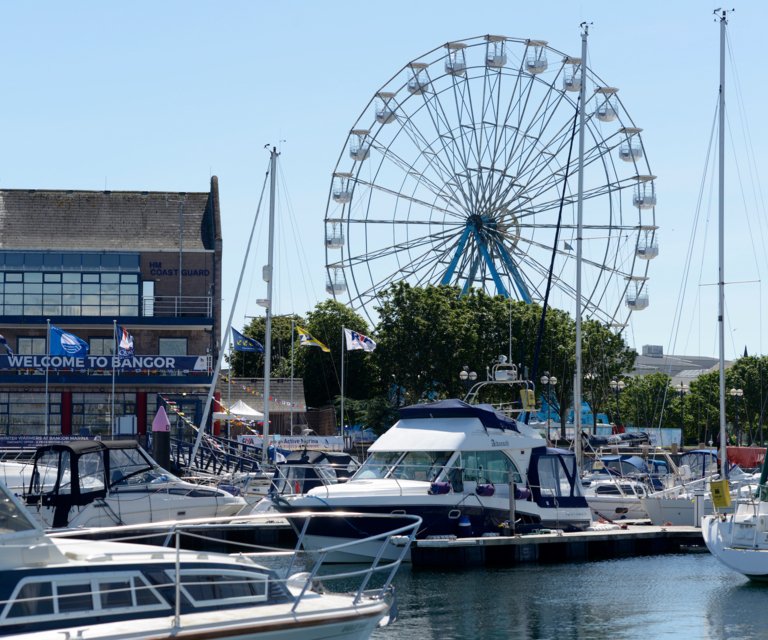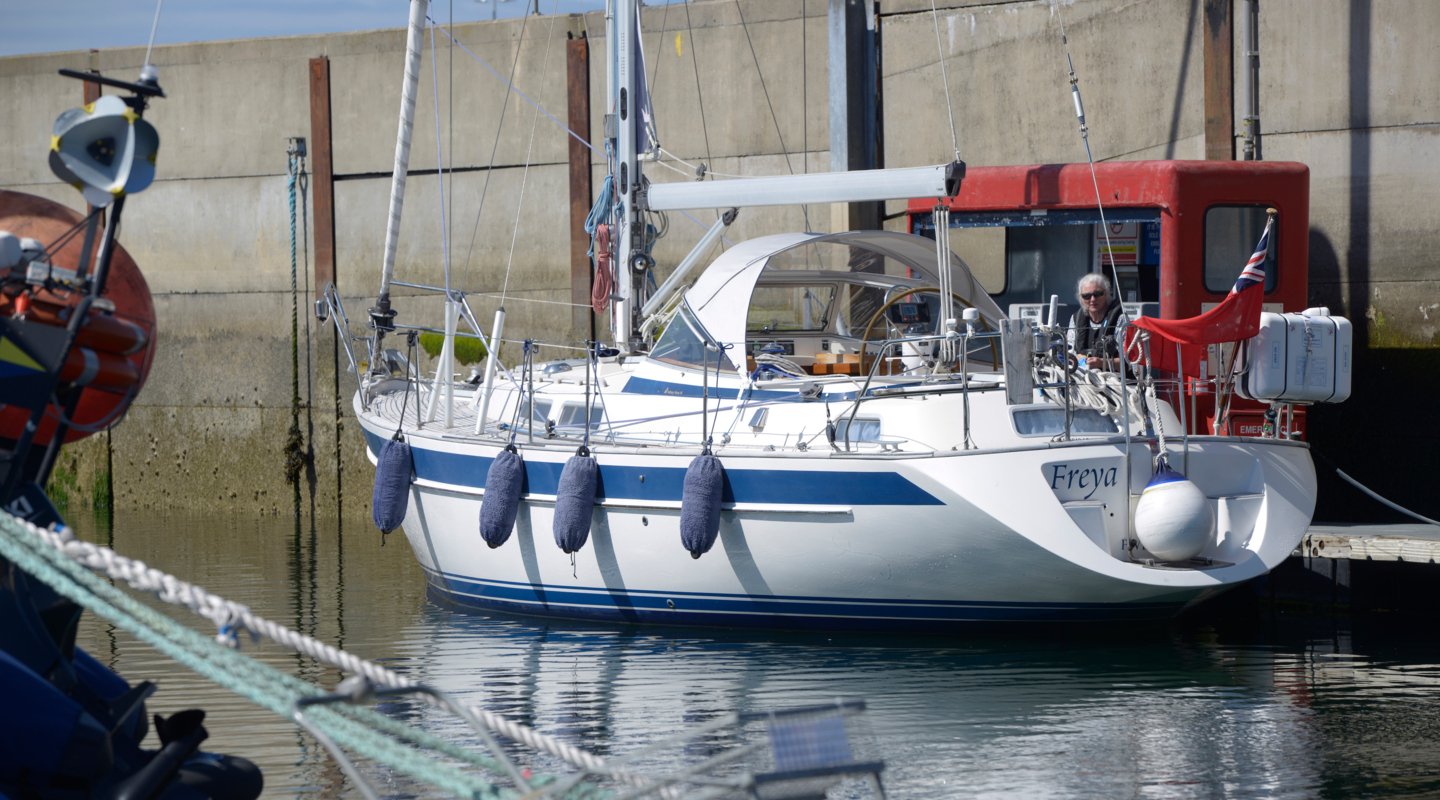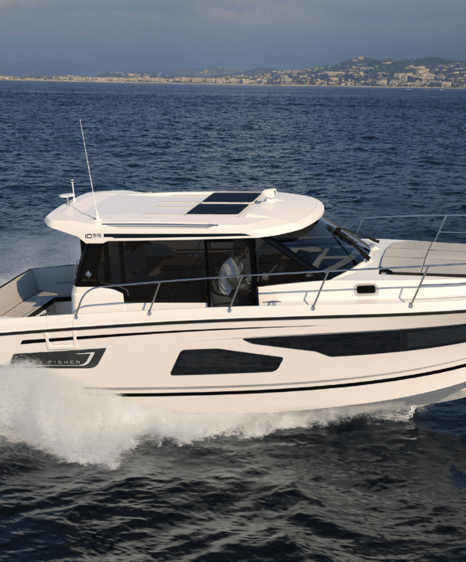Open 24/7
We operate a self-service fuelling pontoon. The guidelines for operation are displayed beside the pumps, ensuring ease of use. Should you ever require assistance, please don't hesitate to contact us; we're here to help.
Our diesel offering adheres to strict EN 590 standards and includes a mandatory volume blend of biodiesel, primarily EN 14214 FAME biodiesel. This addition of FAME biodiesel is a deliberate step towards improving our environmental sustainability. We also provide standard-grade petrol (E10 - 95 octane), which contains up to 10% renewable ethanol. This blended petrol is aimed at reducing carbon dioxide (CO2) emissions associated with petrol engines, contributing to our efforts to combat climate change. E10 petrol has gained widespread acceptance worldwide and has been the benchmark fuel for testing emissions and performance in new petrol engines since 2016.
Our fuel supplies are sourced from a reputable local supplier known for their unwavering commitment to quality and reliability. Before it reaches your boat, it undergoes a rigorous filtration process, featuring three separate filtration units, including a 10-micron hydrosorb unit, to ensure absolute purity. Weekly sampling and monthly independent lab testing further underscore our dedication to maintaining the highest standards of fuel quality. However, it's essential to acknowledge that modern fuels blended with bio elements require meticulous care in storage. Over time, these fuels can gradually absorb moisture, potentially causing issues if not managed correctly. To assist you in the proper maintenance of your onboard fuel, we would like to share some important guiding principles:
Fuel Storage: To prevent moisture contamination, we recommend using high-quality fuel tanks and ensuring they are tightly sealed. Regularly inspect fuel lines and connections for any signs of leaks. Fuel Freshness: Unlike traditional fuels, fuels blended with a bio element can deteriorate more rapidly. Consider utilising fuel stabilizers to extend their shelf life if your boat remains unused for extended periods.
Tank Cleaning: Regularly clean your fuel tank to eliminate accumulated sediment and water. This proactive measure helps prevent clogs in your fuel system and preserves engine performance.
Fuel Filters: Install and maintain high-quality fuel filters to capture impurities before they reach your engine. Ensure you change these filters according to the manufacturer's recommendations.
Fuel System Flushing: Periodically flush your fuel system to eliminate any accumulated contaminants. Refer to your engine manual or consult a qualified engineer for the appropriate procedure.
Monitoring and Testing: Consider using fuel testing kits to periodically assess the quality of your fuel.
By adhering to these principles, you not only safeguard the well-being of your engine but also play an integral role in fostering a cleaner and more sustainable boating environment.



















